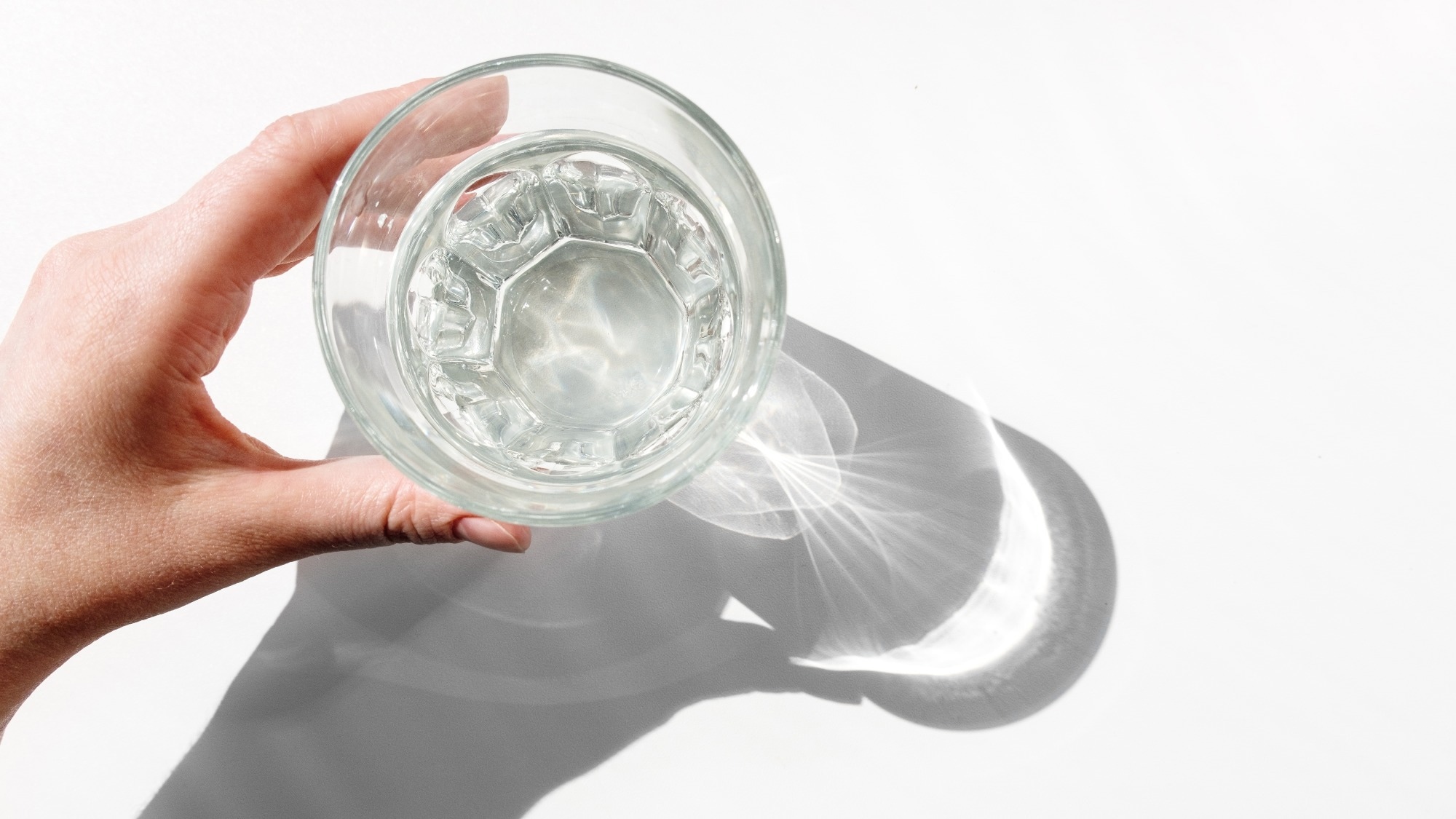Cardiovascular
Is drinking water hardness associated with cardiovascular disease mortality?
A systematic review and meta-analysis published in the Foods Journal indicated that total drinking water hardness can protect against cardiovascular disease mortality.
Study: The Relationship between Mortality from Cardiovascular Diseases and Total Drinking Water Hardness: Systematic Review with Meta-Analysis. Image Credit: Sozina Kseniia/Shutterstock.com
Background
Almost 18 million people die from cardiovascular diseases every year worldwide. Many risk factors are associated with the development of cardiovascular diseases, including unhealthy diet, lack of physical activity, smoking, and alcohol consumption.
Evidence indicates that the risk of disease onset and progression can be reduced by adopting a healthy lifestyle, reducing sugar and salt content in diet, and increasing consumption of fiber-rich foods.
Drinking water quality is another important factor that may increase the risk of many health adversities, including cardiovascular disease. The hardness of drinking water, which depends on its mineral content, may adversely affect human health, including kidney stone and eczema.
However, a growing pool of evidence indicates that some minerals in water, including calcium and magnesium, have a basic share in total hardness and can positively impact human health, including reducing cardiovascular disease mortality rate.
In this systematic review and meta-analysis, scientists have analyzed available literature to determine the association between drinking water hardness and cardiovascular disease-related mortality rate.
Study design
Three scientific databases, including the Web of Science, PubMed, and Scopus, were searched to select qualitative and quantitative studies investigating the effect of drinking water hardness on cardiovascular disease mortality rate.
Of 547 studies selected in the initial screening, 25 were included in the qualitative analysis. These studies were conducted in Asian countries, European countries, and Canada.
For the quantitative analysis, three European studies that mentioned the numbers of total hardness and mortality rate were included.
Important observations
Among 25 qualitatively analyzed studies, 17 reported a significant protective effect of total drinking water hardness against cardiovascular disease-related mortality. However, eight studies had reported no or non-significant protective impact of hard water.
Besides mortality assessment, one study included in the qualitative analysis indicated that water hardness and magnesium content in water are inversely associated with the risk of cardiovascular disease.
Another study reported that hard water can reduce the risk of hypertension. Regarding calcium content in water, two studies reported lower risks of acute myocardial infarction and ischemic heart disease, respectively.
The quantitative analysis further showed that residents of areas with high drinking water hardness have significantly lower cardiovascular disease mortality than those with soft water. However, the heterogeneity of these studies was very high.
Study significance
This systematic review and meta-analysis indicate that drinking hard water can reduce the risk of mortality from cardiovascular disease.
According to the available literature, water containing less than 60 mg/L of calcium carbonate is generally considered soft, 60–120 mg/L as moderately hard, 120–180 mg/L as hard, and more than 180 mg/l as hard.
According to the World Health Organization (WHO) recommendation, the concentration of calcium carbonate in drinking water should be within the range of 50–500 mg/L.
Among minerals in water, magnesium is vital in regulating cardiac muscle tone, cardiac ion transport system, atherogenesis and thrombosis, vascular calcification, and endothelial and vascular smooth muscle proliferation.
Similarly, calcium is known to downregulate the renin-angiotensin system and improve sodium-potassium balance. Collectively, all these factors can exert protective effects on cardiovascular health.
Soft water damages water supply system materials, such as steel and copper. Because of its corrosive properties, soft water can trigger the release of certain metals, including copper and iron, from water supply pipes. High levels of these metals in drinking water can severely impact human health.
As a concluding remark, scientists mentioned that the observations discussed in the review should be taken with caution because of multiple confounding factors in the selected studies.
They also highlighted the need for more research to establish the health effects of hard water.

